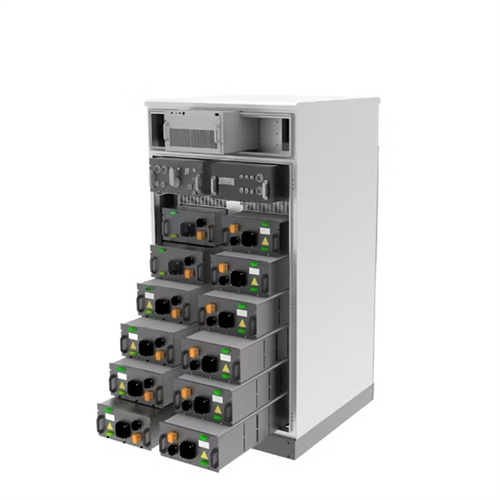About How efficient is battery energy storage
The ability of a battery to hold and release electrical energy with the least amount of loss is known as its efficiency. It is expressed as a percentage, representing the ratio of energy output to input during the battery charging and discharging processes.
As the photovoltaic (PV) industry continues to evolve, advancements in How efficient is battery energy storage have become critical to optimizing the utilization of renewable energy sources. From innovative battery technologies to intelligent energy management systems, these solutions are transforming the way we store and distribute solar-generated electricity.
When you're looking for the latest and most efficient How efficient is battery energy storage for your PV project, our website offers a comprehensive selection of cutting-edge products designed to meet your specific requirements. Whether you're a renewable energy developer, utility company, or commercial enterprise looking to reduce your carbon footprint, we have the solutions to help you harness the full potential of solar energy.
By interacting with our online customer service, you'll gain a deep understanding of the various How efficient is battery energy storage featured in our extensive catalog, such as high-efficiency storage batteries and intelligent energy management systems, and how they work together to provide a stable and reliable power supply for your PV projects.
6 FAQs about [How efficient is battery energy storage]
How efficient are battery energy storage systems?
As the integration of renewable energy sources into the grid intensifies, the efficiency of Battery Energy Storage Systems (BESSs), particularly the energy efficiency of the ubiquitous lithium-ion batteries they employ, is becoming a pivotal factor for energy storage management.
Why is battery storage efficiency important?
Battery storage efficiency has become a crucial aspect of modern energy management. As the world transitions towards renewable energy sources and electric vehicles (EVs), the ability to store and retrieve energy efficiently is paramount.
Are battery energy storage systems a viable solution?
However, the intermittent nature of these renewables and the potential for overgeneration pose significant challenges. Battery energy storage systems (BESS) emerge as a solution to balance supply and demand by storing surplus energy for later use and optimizing various aspects such as capacity, cost, and power quality.
What is battery efficiency?
The ability of a battery to hold and release electrical energy with the least amount of loss is known as its efficiency. It is expressed as a percentage, representing the ratio of energy output to input during the battery charging and discharging processes.
What is a battery energy storage system?
Battery energy storage systems (BESS) Electrochemical methods, primarily using batteries and capacitors, can store electrical energy. Batteries are considered to be well-established energy storage technologies that include notable characteristics such as high energy densities and elevated voltages .
Are battery storage Investments economically viable?
It is important to examine the economic viability of battery storage investments. Here the authors introduced the Levelized Cost of Energy Storage metric to estimate the breakeven cost for energy storage and found that behind-the-meter storage installations will be financially advantageous in both Germany and California.
Related Contents
- How to fix the battery in the energy storage box
- How much is the energy storage battery 1kw
- How to make your own energy storage battery
- How to calculate battery energy storage loss
- How to calculate battery energy storage power
- How is the development of energy storage battery
- How battery energy storage system works
- How to solve the battery energy storage problem
- How to configure the energy storage battery
- How to make an energy storage battery box
- How to install the energy storage battery bolts
- How to measure battery energy storage system


